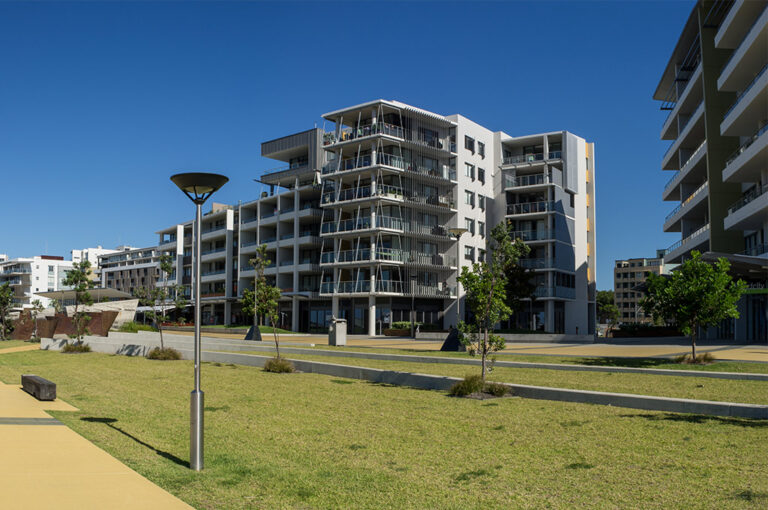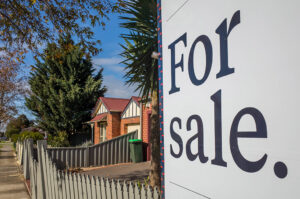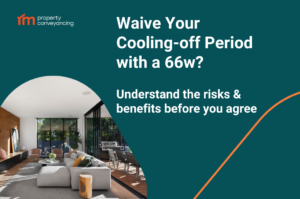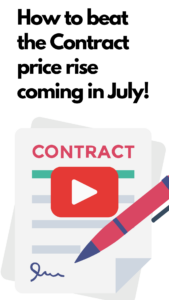If you’re in the market for a new apartment or townhouse, it’s tempting to focus on the property’s location, layout, views and interior fit-out. The financial health of the owners corporation and the condition of the building itself often need to be more substantiated.
Low strata levies are often touted as a selling point, but in many cases should be a red flag for buyers. If a strata is underfunded, the building poorly maintained or riddled with defects, buyers can expect to pay special levies in the future, potentially costing thousands of dollars.
Buyers of off-the-plan or new apartments should beware that developers often set levies artificially low to attract buyers. Many new buildings end up having to increase their levies after the initial honeymoon period to pay for services.
If a strata scheme is financially healthy, ongoing maintenance and major repairs can be actioned without putting owners out of pocket. A good strata manager will keep on top of what repairs really need to be done and what money needs to be spent.
What is a strata fee in Australia?
Strata fees are mandatory contributions paid by owners of properties in a unit, villa, townhouse or duplex complex. Fees are paid quarterly into a fund managed by the body corporate, otherwise known as the owner’s corporation.
There are typically three types of strata fees:
- Administration fund levies: These fees cover the day-to-day management and expenses of the building such as cleaning, gardening, utilities such as electricity for common areas and building insurance premiums.
- Capital works levies (previously known as a sinking fund): This pays for more costly repairs and maintenance such as roof restoration, replacing fittings and fixtures, painting, and any other major works.
- Special levies: These cover any unexpected expenses should there not be enough funds collected for a capital work levy.
Why are strata fees so high?
Strata levies are a common feature of apartments, but when you’re new to a strata scheme, you’ll often be left wondering why your strata levies are so high.
The amount paid varies from apartment to apartment, based on your property entitlement, a figure calculated on floor space, height in the building and aspect – a sum that will be roughly in line with the value of your home.
In NSW, strata fees average 0.3% – 1.2% of the property’s value. In Newcastle and The Hunter, average fees range between $550 – $3,000 per quarter.
Levies can vary hugely between buildings, depending on both the number of facilities they offer, their size, individual running costs according to their design and structure, and how well run they might be.
For instance, a three-bedroom, two-bathroom, two-car space Newcastle penthouse expected to fetch more than $2million at auction could have a quarterly levy bill of over $3,000.
By way of contrast, a one-bedroom-plus-sunroom apartment in a 12-unit, three-storey, walk-up block in Kotara, could cost $600 a quarter.
What does strata levies include?
Maintenance and repairs are generally the biggest expenses and comprise the most significant portion of strata fees within a strata.
Investment in maintenance such as plumbing, electrical, painting, external repairs, cleaning and gardening is an ongoing expense. More significant repairs such as roofing, replacing lifts and gates, and security upgrades where required must be budgeted.
Depending on the age and condition of the building, some schemes will require a substantial capital expenditure over a period of time to ensure the building remains code-compliant and safe for residents. Older buildings will need more maintenance and repairs, which may result in higher strata fees.
Insurance covering the building and common property, including public liability, is required by law for all strata schemes. Depending on the building type and location, insurance premiums can significantly cost the strata scheme.
In most cases, a professional strata management company will manage the strata along with the body corporate, and these fees form part of the strata costs.
What to consider when purchasing a strata property
In NSW, it’s common for buyers to commission a report of the records compiled by a specialised strata inspector, known as a strata report. This may be available to purchase from the selling agent, otherwise buyers will need to engage a strata inspection company directly.
These reports include information on fees, special levies, fund balances, building works, insurance, by-laws and the minutes of strata committee meetings. Email correspondence between owners and documents from external contractors are sometimes available too.
Buyers should also consider what information may be missing. Reviewing records against a list of expected inclusions may highlight any red flags to look out for.
With a strata report in hand, it’s important to consider:
- Is the building financially healthy?
- Are there any major defects or building works planned?
- What rules will you be living by?
- Do residents get along?
Buying your first home? Read our Ultimate Guide to Buying a House to find out everything you need to know.




